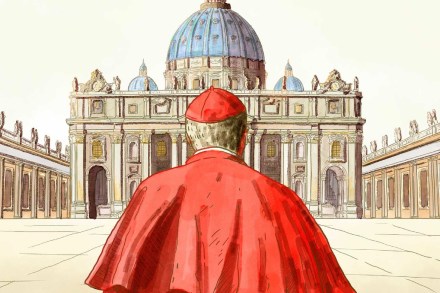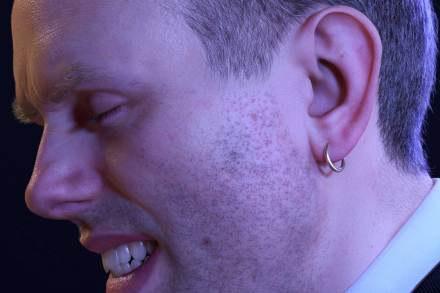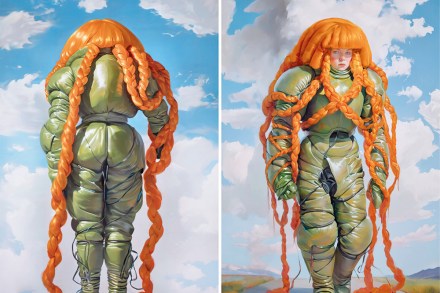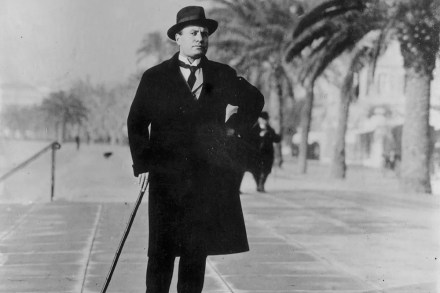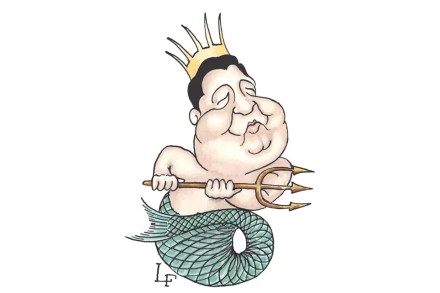I regret my intolerance over Brexit
Cannabis smoke lingering along the sidewalks of Washington D.C. was the most palpable fruit of liberty since my last visit to the US capital. I’m in town to give a talk at Britain’s dazzling Lutyens Residence about the evergreen ‘special relationship’ ahead of the US’s 250th anniversary next July. Acting ambassador James Roscoe has stepped up with aplomb to fill Peter Mandelson’s big shoes, aided by his renaissance wife, the musician, author and broadcaster Clemency Burton-Hill. America’s anniversary will fall on the watch of its 47th President. The Republic’s first four incumbents, George Washington, John Adams, Thomas Jefferson and James Madison, inspired by some of the greatest minds of their













